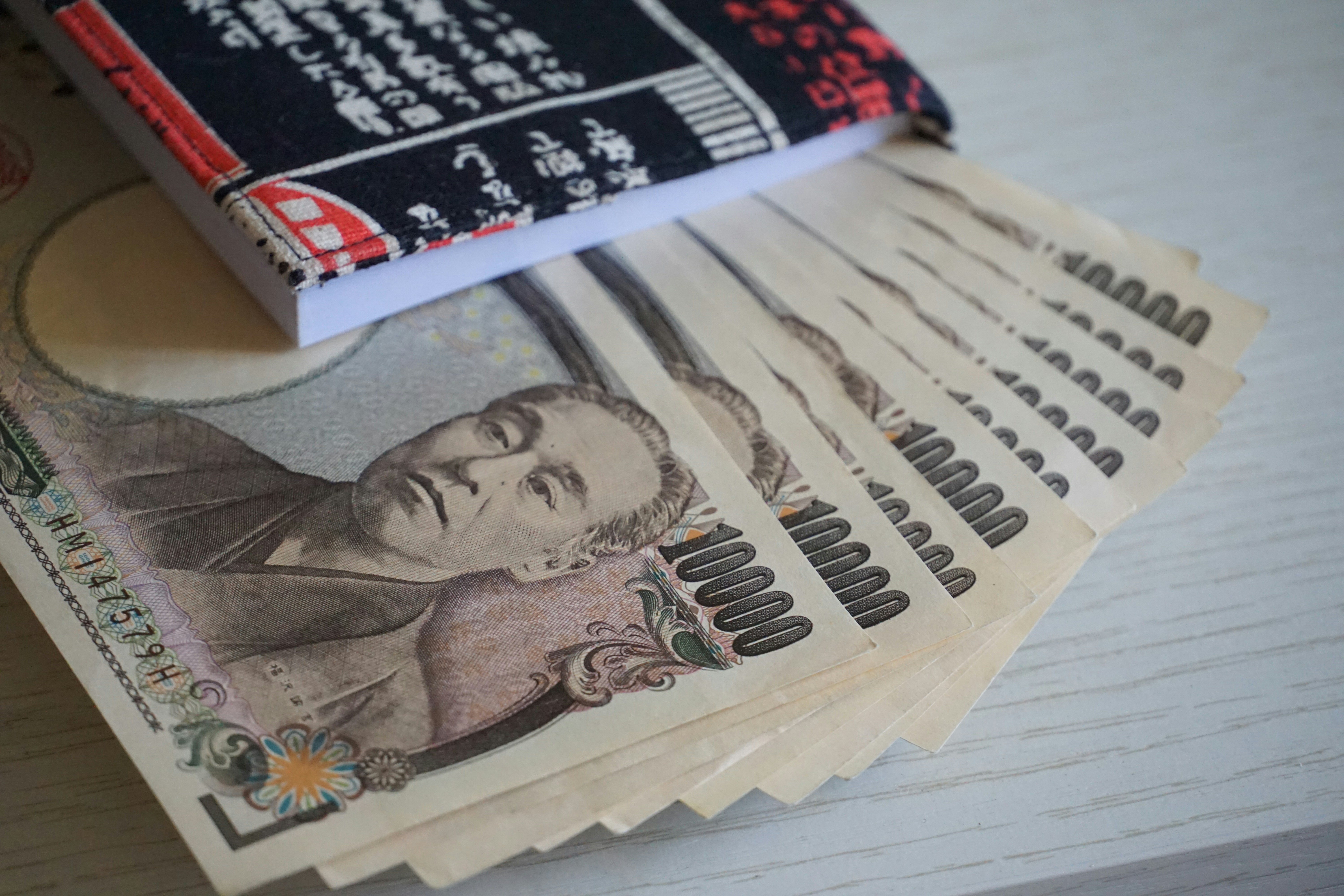
Economy Shifts: How Fluctuating Currencies Affect Investors
Any currency’s fluctuation can be advantageous or unfavorable for a foreign investor. The same is true for the recent fluctuations in the Japanese yen (JPY). It significantly influences how foreign real estate investors interact with their property investments.
Table of Contents
As of April 2025, the Japanese yen is trading at approximately 143.67 JPY for every US dollar, indicating a strengthening in its value in recent months. This appreciation may have been influenced by the recent US-Japan currency discussions between Japanese Finance Minister Katsunobu Kato and US Treasury Secretary Scott Bessent. The US has expressed its concerns about Japan’s weakening yen, which contributes to trade imbalances. On the other hand, the Bank of Japan is in no rush to hike rates up, especially during the time of Trump’s tariffs, as it can disturb Japan’s economic recovery.
Another factor influencing JPY’s recent movements is shifts in the global economy. With this, investor sentiments have also been changing, adapting to the current state of the economy.
The Weak Yen and Its Advantages
Attractive Investment Climate
With a weak yen and Japan’s low interest rates, there is increased investment by foreign investors in the real estate market – including commercial and hospitality properties. Coupled with Japan’s good tourism, investments in prime locations have favorable returns.
Increased Purchasing Power
Acquiring Japanese properties as a foreign investor is more possible with a depreciated yen. This reduces property prices effectively for dollar-based investors. Barriers to entry are lowered with favorable exchange rates for the investor.
Enhanced Rental Income
Rental earnings, when converted from yen to stronger foreign currencies, can yield higher returns, which is especially beneficial for investors sending it to their home countries.
The Strong Yen and Its Challenges
Less Affordability
The purchasing power of foreign currencies becomes lower as the Japanese yen appreciates. This makes Japanese real estate more expensive for international buyers, increasing the barrier to entry for newer investors.
Reduced Rental Returns
Returns might decrease as yen continues to appreciate compared to their home currency. A stronger JPY would mean less profit when converting it to their currency.
What can you do against currency fluctuations?
Looking at the long-term
Adopting a long-term stance for your investment can be beneficial to mitigate the impacts of short-term volatility fluctuations. Overall, currency markets undergo a cycle. What is currently high may go down later down the line. Adapting a long-term perspective can help you from losing higher potential returns in the long run.
Considering currency hedging
Utilize financial instruments that can hedge against currency fluctuations. This will allow you to mitigate exchange rate risks better and to protect yourself from unfavorable exchange rates by locking in your current exchange rates for future transactions.
Spreading investments across regions
There may be some regions in Japan that are not as exposed to currency-specific risks compared to the primary city centers. Diversifying your portfolio to include such regions and other asset classes can allow for stable returns amidst changes in currency exchange rates.






